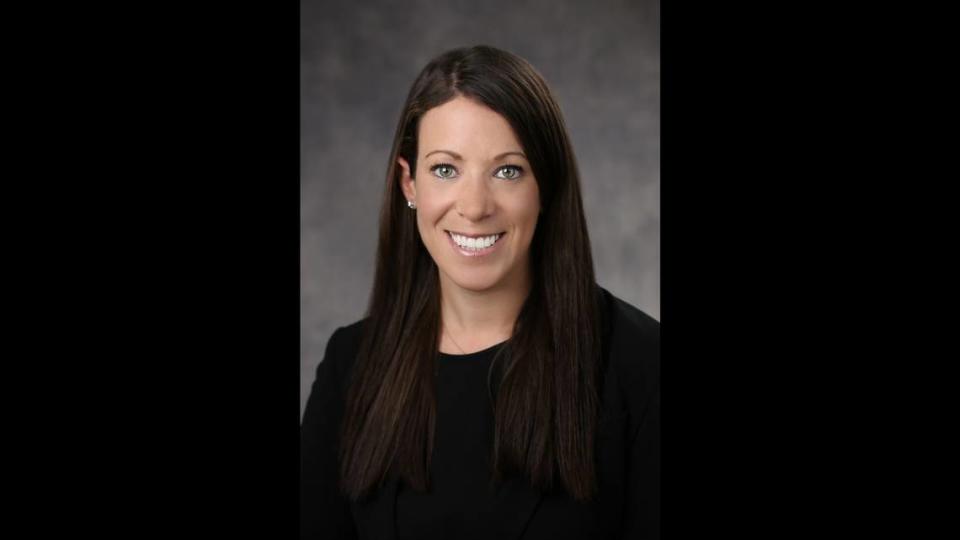Community associations should consider amending their amendments process | Opinion
South Florida condominium associations and HOAs face many difficult challenges on a daily basis. From unit owner disputes, hurricane preparations, and rising insurance costs to engineering inspections, building repairs, budgets, and rule enforcement actions, community living and serving on an association’s board of directors is often very complicated.
Among these common community trials and tribulations, one of the most vexing and pervasive is the procedure for amending association governing documents. Declarations, covenants and bylaws are recorded in the local court registry and provided to all buyers prior to their purchase, as they essentially set the terms of the contract and serve as mini constitutions setting forth the rights and duties between unit owners and their association.
These governing documents are originally codified by a community’s developer, and they often include dated and problematic provisions that are in dire need of updating as communities grow and owners’ goals change.
However, amendments to an association’s recorded governing documents often require a vote of the unit-owner membership, and sometimes the documents demand a minimum approval of two-thirds or even three-quarters of all the owners for an amendment to be ratified.
Such voting thresholds are extremely difficult for most communities to achieve. In fact, many Florida communities have difficulty achieving the legally mandated minimum voter-participation requirements to conduct valid board member elections or hold membership meetings.
Indeed, changing the recorded governing documents is often significantly more difficult than matters requiring only a simple vote of the board of directors, but communities with troublesome and outdated provisions should still take the challenge head on and make it a priority.
Board members should also bear in mind that changing some rules without taking a vote to formally ratify and record an amendment can expose an association to significant legal liabilities from owners who successfully challenge unrecorded restrictions and unauthorized modifications in court.

One of the best approaches for many communities is to begin with an amendment that lowers the voting threshold for future changes to the governing documents.
By changing the minimum quorum requirement for passage of an amendment, for example, from two-thirds of the all the unit owners to a simple majority of all ballots cast either in-person, online or by proxy at which a quorum is achieved, associations and their unit-owner members would be in a better position to consider and ratify important future changes and ensure their documents appropriately adapt to the times.
Of course, associations will need to overcome both owner apathy and opposition to get such an amendment ratified, but with the right approach under the guidance of highly experienced legal counsel it can certainly be achieved.
To address any skepticism and opposition to such a change, associations should begin their efforts by opening the matter for discussion at board meetings to enable directors to explain it and its benefits to the owners.
Boards can make their case by demonstrating that future amendments will be pursued to overcome serious administrative and logistical hurdles that needlessly increase association expenses or delay necessary changes that impact the community at large. Such amendments could allow for rule changes to matters such as parking, short-term rentals, amenity use rights, and other outdated provisions that may have been drafted to serve the developer-controlled property.
To get out the vote, experienced attorneys can guide associations through a process that combines electronic voting, the effective use of proxies, and a canvassing/meeting/voting window that can last up to 120 days.
Florida law allows for online voting for community associations, and apps and websites such as OnrApp (www.onrapp.com) enable associations to plan and implement votes and elections as efficiently and effectively as possible.
Many communities have been struggling to comply with outdated provisions in their recorded governing documents for years because they have found the voting thresholds too daunting to overcome.
To truly rectify the issue, they should disregard attempts at amendments over specific rules that they may have tried and failed to pass in the past. Instead, they should make a concerted effort with the help of highly experienced professionals to fix the problem once and for all by focusing on an amendment that will effectively make future amendments possible to achieve.
Lindsey Thurswell Lehr is a shareholder with the law firm of Siegfried Rivera who focuses on community association law and is based at the firm’s Coral Gables office. She is a regular contributor to the firm’s association law blog at www.FloridaHOALawyerBlog.com. The firm’s attorneys focus on real estate, construction, community association, insurance and bankruptcy law. 305-442-3334, LLehr@SiegfriedRivera.com, www.SiegfriedRivera.com.
Read past ‘Real Estate Counselor’ columns at www.miamiherald.com :
--Community associations should break ties with developer, board members during turnover
--Legislature delivers monumental milestone in evolution of Florida’s condo laws
--Federal and state reforms necessary to address Florida’s residential insurance woes
--What are some common traits of excellent community association boards of directors?
--Possible $8 million fraud against Florida community associations is a wake-up call
-- Southwest Florida community associations appear to fall victim to massive fraud
--Water-leak suit at Jacksonville condo makes local headlines, reveals telling lessons
--Electric vehicle chargers at or near top of many condo community wish lists
--Condo terminations take hold as an exit strategy for owners at aging towers
--What’s next for condo-safety reforms after Legislature fails to act?
--All eyes on Florida Legislature for high-rise condo safety reforms

